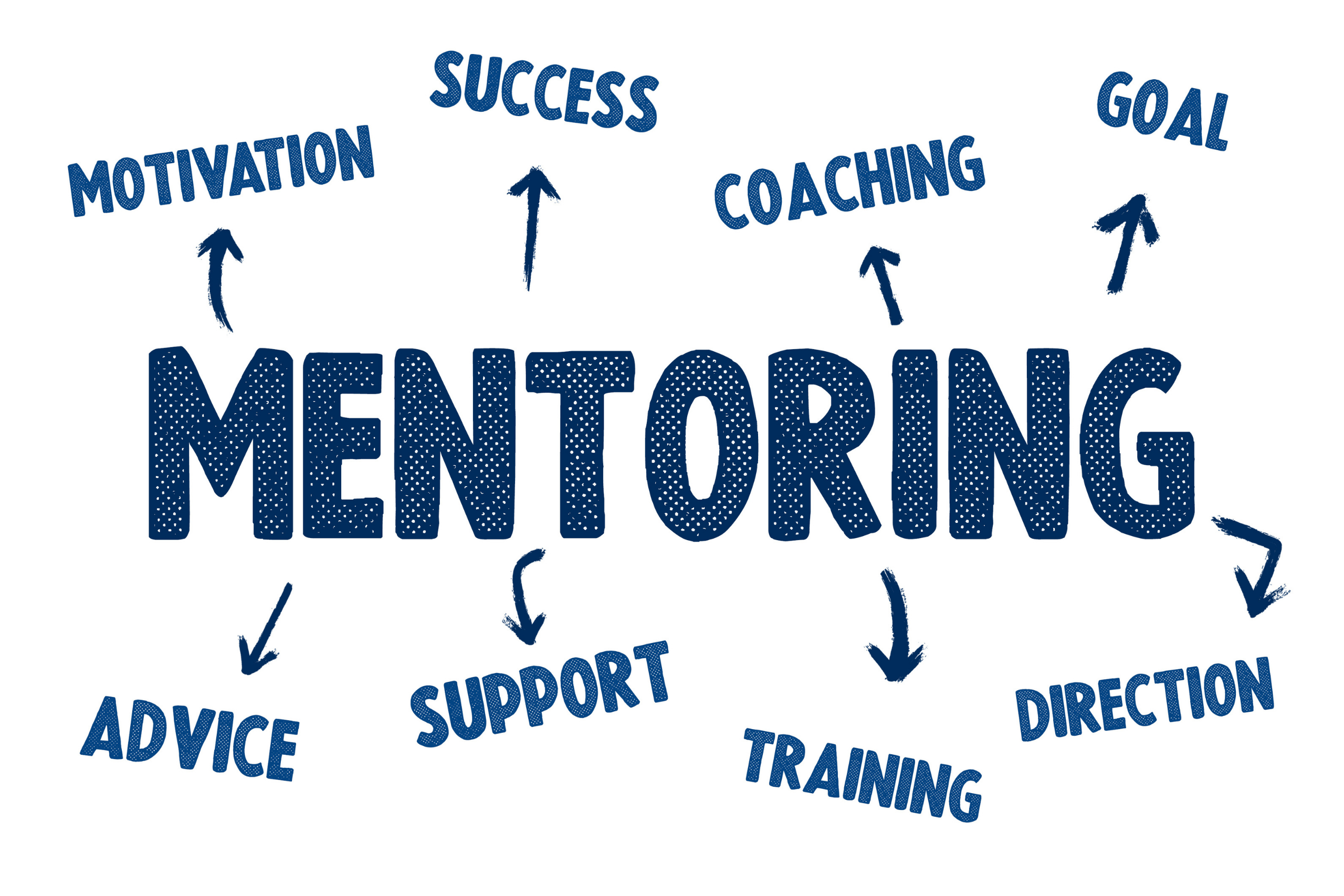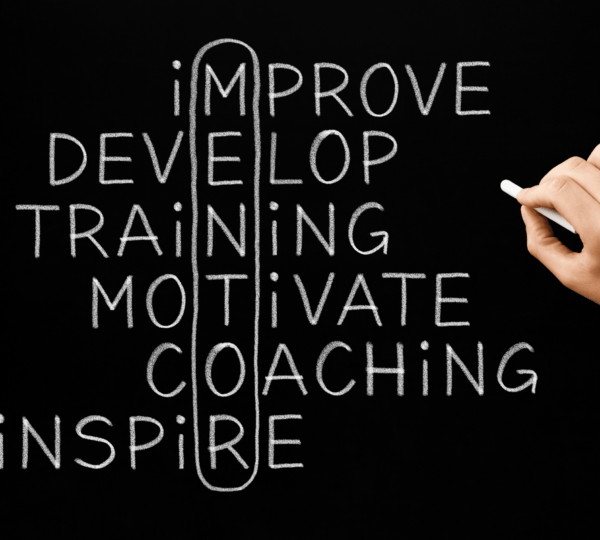
The role of mentorship in lifelong learning
Have you ever gotten lost in a new city? I have. A few years ago, I found myself wandering the bustling streets of Toronto with a map that might as well have been written in hieroglyphs. Directions were unclear, the landmarks looked nothing like the pictures, and my sense of direction was failing me. Just as frustration began to set in, a kind stranger approached. She didn’t just point me in the right direction; she walked with me until I reached my destination, sharing insights about the city along the way. That experience taught me something profound, sometimes, having someone to guide you makes all the difference.
This idea of guidance translates seamlessly to the realm of lifelong learning, where mentorship serves as a map, a guide, and sometimes, a lifeline. Much like navigating a foreign city, learning is an ongoing journey, and mentors are the companions who make the process not only manageable but truly enriching.
What is Mentorship?
Mentorship is a professional or personal relationship in which an experienced individual (the mentor) provides guidance, knowledge, and support to a less experienced individual (the mentee). This relationship often transcends industries and professions, influencing personal growth, career advancement, and skill acquisition.
Recent research published in the Journal of Applied Psychology highlights that individuals with mentors are 20% more likely to feel confident in tackling challenges compared to their peers without mentors. Popular blogs like Forbes Careers emphasize that mentorship is not just a tool for professional growth but a cornerstone for lifelong learning.
Who Needs Mentorship?
The short answer is: everyone. At various stages of life, the need for mentorship emerges as we face new challenges or strive for growth. Here are some groups who particularly benefit from mentorship:
- Students and Young Professionals For students transitioning from academia to the workforce, mentors can provide career advice, help with networking, and share insights about industries or roles. According to research by Harvard Business Review, mentees in their early careers are more likely to achieve promotions and higher salaries than their non-mentored peers.
- Mid-Career Professionals Even seasoned professionals face challenges like career stagnation or role transitions. Mentorship can offer fresh perspectives, enhance leadership skills, and identify areas for development.
- Entrepreneurs Founders and business owners often benefit immensely from mentors who guide them through fundraising, scaling businesses, or handling setbacks. A study by Forbes found that 70% of mentored entrepreneurs survived more than five years compared to 30% of those without mentors.
- Anyone Pursuing Personal Growth Lifelong learning is not limited to professional settings. Individuals seeking to develop hobbies, enhance health, or cultivate relationships can benefit from mentors who’ve successfully navigated similar journeys.
Choosing the Right Mentor
Finding the right mentor is crucial to a fruitful relationship. Here are key factors to consider:
- Define Your Goals Before approaching a mentor, clarify what you hope to achieve. Are you looking to advance in your career, learn a specific skill, or gain industry insights? Clear goals will help you identify the right person to guide you.
- Seek Relevant Experience Look for mentors who have expertise in the area you wish to grow. For instance, if you’re starting a business, seek out someone with entrepreneurial experience rather than a generalist.
- Evaluate Compatibility Mentorship works best when there’s mutual respect and a shared vision. Choose someone whose values align with yours and with whom you can build rapport.
- Don’t Overlook Peer Mentorship While experienced professionals often come to mind, peer mentorship is equally valuable. Sometimes, collaborating with someone at a similar stage of their journey can provide fresh perspectives and a sense of camaraderie.
The Importance of Mentorship in Lifelong Learning
1. Personalized Guidance for Learning Goals
Unlike formal education, which often takes a one-size-fits-all approach, mentorship offers tailored guidance. Mentors assess your strengths and weaknesses, helping you craft a learning path that aligns with your goals. For example, if you’re trying to master data analytics, a mentor might recommend specific tools like Power BI or suggest online courses suited to your skill level.
According to Harvard Business Review, mentorship accelerates skill acquisition by providing real-world context and personalized feedback. This customization ensures that you learn efficiently and effectively.
2. Access to Insider Knowledge
Mentors often bring years of experience and insider knowledge that books and courses simply cannot offer. Whether it’s navigating workplace politics, identifying industry trends, or avoiding common pitfalls, this insight can be invaluable.
A recent survey by LinkedIn Learning found that 60% of professionals attribute their career advancements to mentors who shared insights not available through traditional training programs. This access to insider knowledge fosters a deeper understanding of your field.
3. Motivation and Accountability
Lifelong learning requires sustained motivation, which can wane over time. A mentor acts as both a motivator and an accountability partner, ensuring you stay on track. Regular check-ins and progress reviews create a sense of responsibility, making it harder to procrastinate.
Dr. Susan Cohen, an expert in organizational psychology, notes that mentees often achieve their goals faster because they are “accountable to someone invested in their success.” The psychological boost from knowing someone cares about your progress can be transformative.
Building Effective Mentor-Mentee Relationships
1. Set Clear Expectations
Define the scope and goals of the mentorship early on. Clear expectations help avoid misunderstandings and ensure that both parties benefit from the relationship.
2. Emphasize Open Communication
Effective mentorship relies on transparent and open dialogue. Both mentor and mentee should feel comfortable sharing ideas, asking questions, and providing feedback.
3. Commit to Continuous Learning
Lifelong learning applies to both mentors and mentees. Mentors should stay updated on trends and advancements in their field, ensuring they provide relevant guidance.
4. Celebrate Achievements
Recognizing milestones and accomplishments reinforces the value of mentorship. This encouragement can boost confidence and foster a positive learning environment.
The Role of Technology in Modern Mentorship
In today’s digital age, technology has revolutionized mentorship. Platforms like LinkedIn, MentorCruise, and Ten Thousand Coffees connect mentors and mentees globally, breaking down geographical barriers.
Virtual mentorship has grown exponentially, especially post-pandemic. Video calls, online forums, and collaboration tools make it easier than ever to foster meaningful mentor-mentee relationships. For instance, Zoom mentorship sessions enable real-time interaction, while tools like Slack facilitate ongoing communication.
Overcoming Challenges in Mentorship
While mentorship offers immense benefits, it’s not without challenges. Mismatched expectations, lack of time, and unclear goals can hinder the relationship. Addressing these challenges requires proactive effort from both parties:
- Choose the Right Mentor: Ensure alignment in values, goals, and communication styles.
- Regularly Reassess Goals: Periodically review and adjust objectives to stay relevant.
- Invest Time and Effort: Both mentor and mentee must commit to the relationship for it to thrive.
Conclusion: The Lifelong Impact of Mentorship
Just as the kind stranger guided me through the streets of Tokyo, mentors guide us through the complexities of lifelong learning. They provide the map, the encouragement, and sometimes the tough love needed to achieve our goals. Whether you’re a mentee seeking growth or a mentor sharing wisdom, the relationship offers invaluable opportunities for personal and professional development.
Start your mentorship journey today. Reach out to a potential mentor or offer guidance to someone who can benefit from your expertise. The rewards, as research and countless personal stories show, are immeasurable.
References:
- “The Role of Mentorship in Professional Growth,” Harvard Business Review.
- “The Impact of Mentorship on Career Success,” Journal of Applied Psychology.
- “How Technology is Changing Mentorship,” Forbes Careers.
- “Mentorship and Lifelong Learning,” The International Journal of Mentoring and Coaching in Education.
- “The Importance of Lifelong Learning,” LinkedIn Learning Blog.













